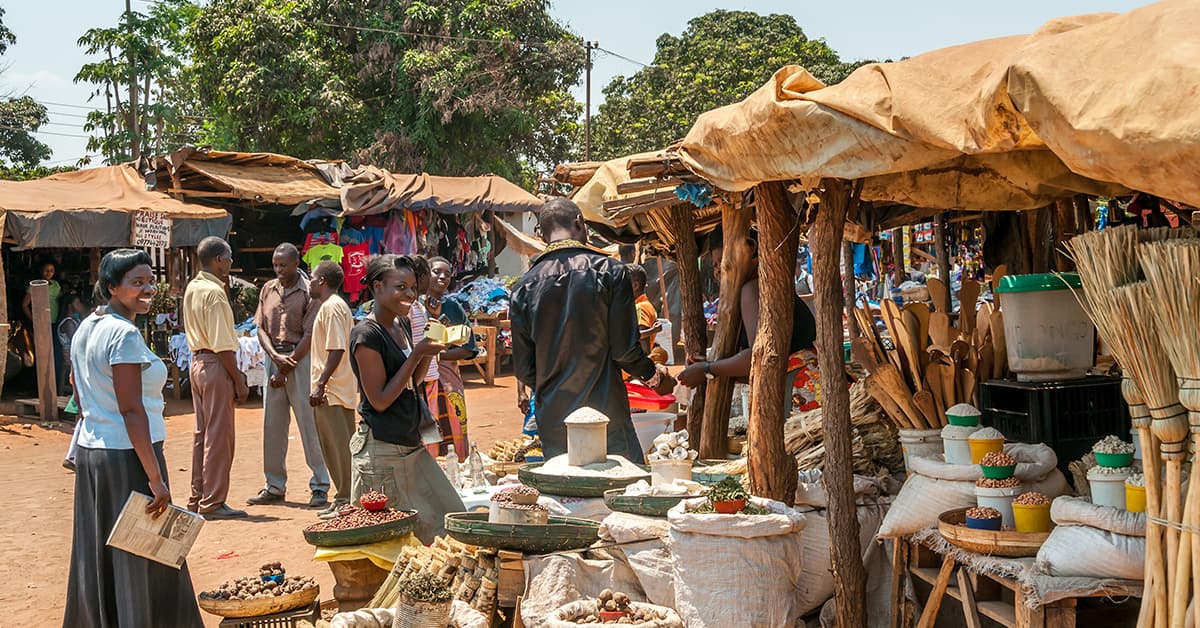Other African nations may not be able to repay their loans as the global pandemic damages economic growth.

Zambia’s default on repayment of a $42.5 million Eurobond coupon has put the spotlight on other regional sovereigns that currently have low credit ratings and coupons due in 2021. The Zambia debt default is the sixth recent global credit default after Argentina, Belize, Ecuador, Lebanon and Suriname.
The focus is now on potentially risky credit sovereigns across the African continent. Angola, Nigeria, Ghana and Cameroon are among the African countries that currently have lower credit ratings from agencies such as S&P, mainly on account of lower oil prices, economic contraction risks and the impact of Covid-19.
The Economist Intelligence Unit principal economist for the Middle East and Africa, Ben Craven, has outlined a raft of international debt instruments that fall due in 2021 across Africa. Although much of this private debt is owed to Chinese commercial creditors, there are a few Eurobond repayments that investors will be watching in terms of risks to repayment profiles.
South Africa has a $3.5 billion coupon, while Namibia, Nigeria and Senegal each have $500 million bullet repayments to meet. However, according to Craven, who has credit-risk expertise in sub-Saharan Africa, Namibia is the only real concern, given that South Africa and Nigeria are “veteran issuers on the international bond” market. Senegal is expected to secure a refinancing based on strong fundamentals prior to the pandemic, he says.
This comes as the Zambian Eurobond investors have rejected proposals by the government to restructure and reschedule the repayment terms for the instrument by another six months. Now, says Blessing Sibanda, a researcher in economics at the University of Winchester, the debt default by Zambia “will send jitters to all investors, domestic and foreign.”
The other direct impact of this, Tatonga Rusike of ratings agency S&P Global told Global Finance, is that it makes “access to new credit lines difficult” for Zambia. “It is likely that no other lenders would want to lend money to a sovereign that has shown that it cannot repay on time,” he says.
The Eurobond holders will be the biggest casualty of the default, explains Sibanda, as they have to “take a haircut on their investment,” especially considering that Zambia’s debt is “already selling at a heavy discount.”



